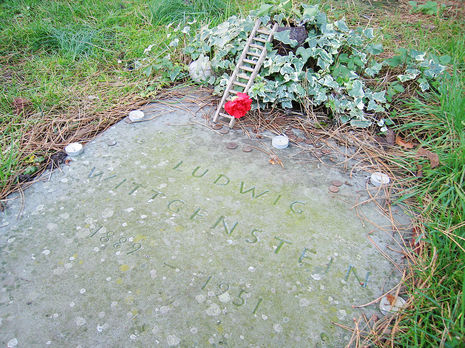‘I Love You, Wittgenstein’
As part of our student creatives series, Saksham Sharma presents an ode to Wittgenstein, a Cambridge philosopher of the early 20th century

As I say a word,
it reminds me of you -
my world is not yours
and yours can’t be mine.
As I surmount this ladder,
of trying to say things –
you threw it away as if
you want to see me falling.
As I fall, I start whistling,
the things I can’t say –
like this crazy you who
said things he couldn’t say.
As I start seeing semblances,
a likely bias stops me –
for my intuition and illogic,
but you seem to hold me.
As I am about to touch down,
you connect me to forms of life –
of thoughts, habits, and cultures,
of being able to love and loved by.
As I think of love, I think of you
and the moment expands to eternity –
my heart glazes intensely on imagining
your passion, profundity, and intensity.
 News / CUP announces funding scheme for under-represented academics19 December 2025
News / CUP announces funding scheme for under-represented academics19 December 2025 News / Cambridge welcomes UK rejoining the Erasmus scheme20 December 2025
News / Cambridge welcomes UK rejoining the Erasmus scheme20 December 2025 Comment / Yes, I’m brown – but I have more important things to say22 December 2025
Comment / Yes, I’m brown – but I have more important things to say22 December 2025 News / SU reluctantly registers controversial women’s soc18 December 2025
News / SU reluctantly registers controversial women’s soc18 December 2025 Film & TV / Timothée Chalamet and the era-fication of film marketing21 December 2025
Film & TV / Timothée Chalamet and the era-fication of film marketing21 December 2025









